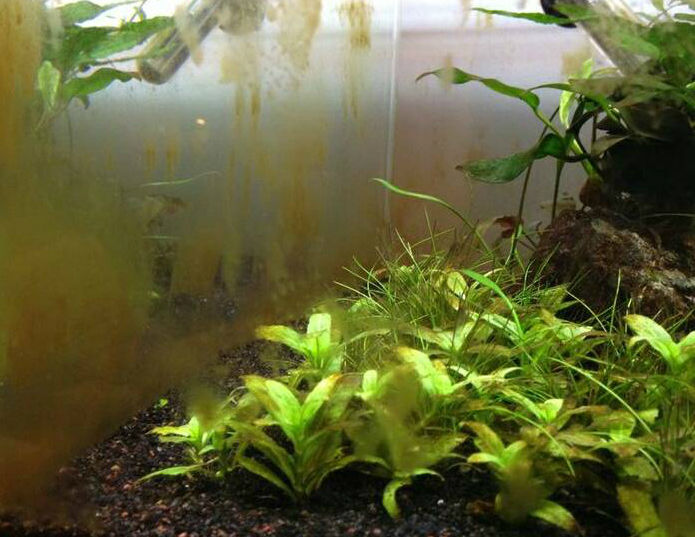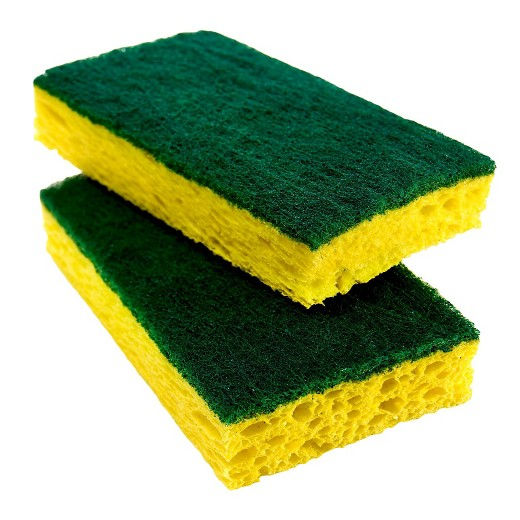DEALING WITH BROWN ALGAE
- Mar 27, 2018
- 2 min read
I have been doing some reading and have found there are a great number of different algae's that we may come across during our journey's as fish keepers. Let's begin with having a closer look at Brown Algae.

Silica algae is also known as brown algae and substrate algae. Its brown in appearance. It begins as patches on the glass or substrate looking like a brown coating. Thankfully it's easy to remove.
Brown algae is caused by inadequate light, high nutrient levels, not enough oxygen and, excessive silicates and nitrates in your aquarium's water. Although this algae will not harm your fish, it can cloud your water becoming unsightly. Whenever you do have algae, it's a indication that your water chemistry is not optimal.
Brown algae is a phenomenon common to newly setup aquariums. Often building up due to high levels of silicic acid found in your tap water. Silicates can also be found in some substrates that leach into the water column. This is why it's vitally important to give your gravel a good wash before using.
Removing brown algae is not difficult. Wipe off all surfaces where you see the algae developing. Remove decor, and fake plants so you can wipe them down well. This type of algae does not adhere itself to the glass and can easily be wiped off with a sponge. Give your substrate a good vacuuming.

By increasing the lighting this will inhibit regrowth of brown algae. Adding a couple sucker mouth type fish like a pleco or otocinclus will quickly get this type of algae under control. Live plants will help in destroying this algae as well while competing for the nutrients.
You can add a silicate absorbing resin to your filter if the problem persists, but a simple cleaning, good vacuuming and increased lights should be all you really need.
To avoid the growth of brown algae, regular water changes weekly, of 50% or more, is important. You can change your water source if you find higher levels of sillysis acid in your tap water. A safe solution is using RO water. I used RO water for years but have since gone back to tap water and have found no issues. Having a regular maintenance schedules is paramount. I can not stress the importance of this enough. The key to any problem we may face, is prompt intervention. Small problems can easily become big problems if left too long.
As with anything within this hobby, even when we do everything required, we will still face problems at some point. Keeping your aquarium clean, with regular maintenance, water changes and other preventative measures will not guarantee complete success but you can take comfort in knowing you are doing all you can.







Comments